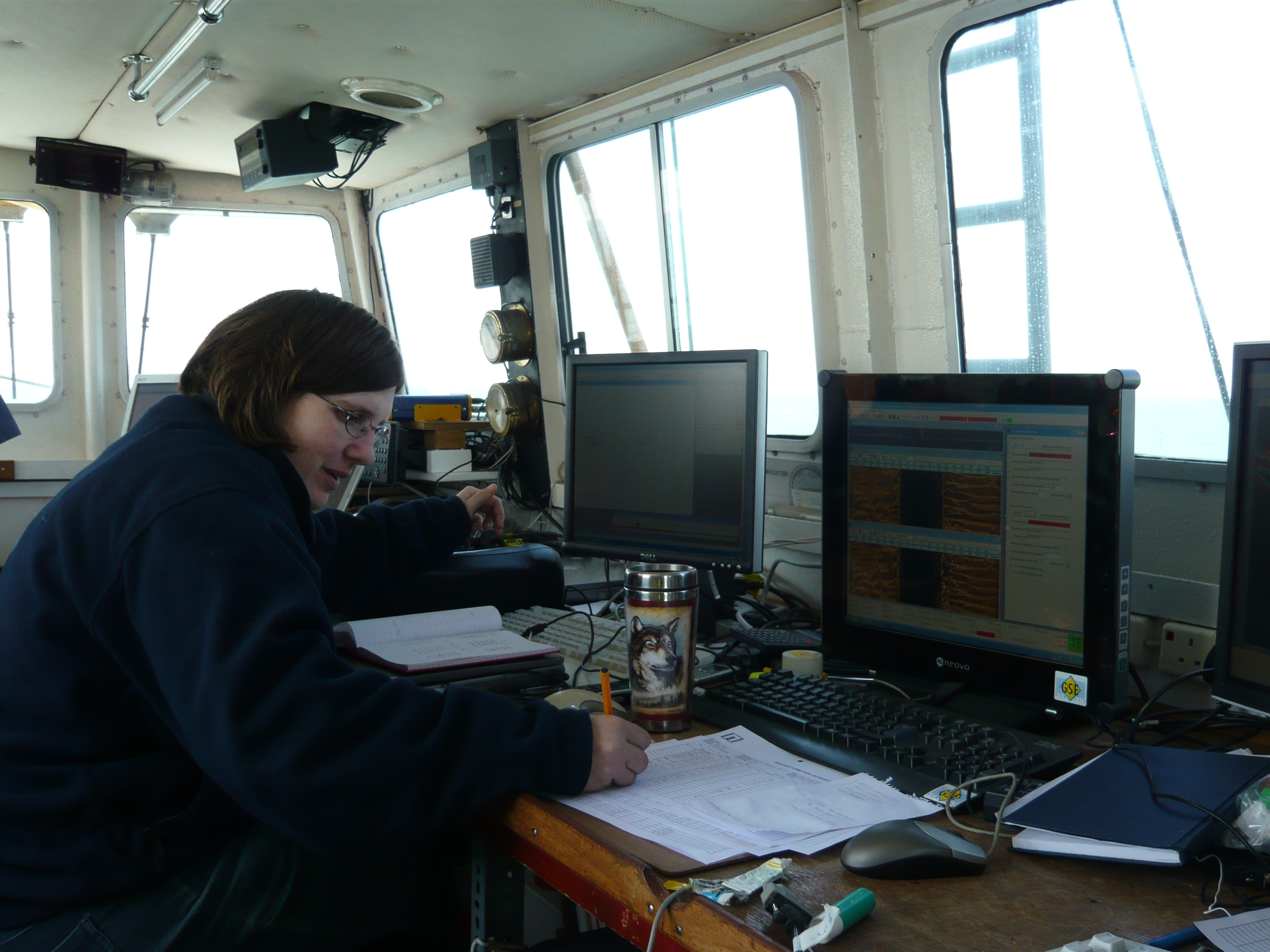All Categories
Featured
Table of Contents
Geophysical Survey in Marmion Western Australia 2023
Are you looking for the right kind of b-school? Connect with MBA programs looking for prospects like you. Explore schools of all sizes, ranked colleges, city and big-campus schools and more. Apply. Pay. Prep. Research study. Prosper. We've got you covered. Get in touch with master's programs around the country to get an edge over the competitors.

A geophysicist studies different aspects of the earth. View a video to learn what a geophysicist: Geophysicists must make a minimum of a bachelor's degree; however, this is for an entry-level position.
If you want do research you must pursue a Ph. D. Undergrad coursework typically includes geology, mathematics, ecological science, or physics. Advanced degrees need more particular studies in the specialty of choice. Areas can include oceanography, atmospheric physics, climatology, planetary, petroleum, environmental, and mining. Task prospects are higher if you have a strong background in computer science or technology.
Geophysicist Education in Carlisle Australia 2022
Access to these opportunities might be limited depending on where you live; however, internships or summer programs with geophysical business, university geophysics department, or the U.S. Geological Study can be alternatives. You can find a list of a list of opportunities on the United States Geological Survey (USGS) sites' Pathway Programs tab (opens in another link).
If you have yet to finish high school, taking as many science and mathematics classes as possible would be a plus. Geophysicists also deal with computers while investigating, so computer courses can likewise be valuable, as pointed out previously in this short article. Many geophysicists concentrate on a location of geophysics. The task description would change pending on the specialty.
A geophysicist's responsibilities can include determining, tracking, and documenting information from various physical homes on earth. Geophysicists frequently have to travel worldwide to take a look at geological occasions that have actually happened or might have been anticipated.
Consumer Guide To Geological And Geophysical Services ... in Winthrop Australia 2021
For circumstances, Jay Wellik, a geophysicist, studies volcanos. His location of expertise in geophysics is researching why volcanos appear and what indications there may be that an eruption may occur. He tracks seismic activity and after that follows what takes place previously, throughout, and after a volcano erupts. Geophysicists typically work full-time hours; however, they often work irregular hours, as pointed out previously.

You can find extra details about Geophysicists together with additional academic products on the U.S. Geological Study site (links open in a new window). Laura Stern, of the U.S. Geological Survey at the Gas Hydrates Laboratory in Menlo Park, California: We make a number of various hydrates in the laboratory.
We likewise make co2 hydrate, ethane hydrate, propane, a variety of different structures. Liquid nitrogen is extremely cold. It has to do with 100 degrees cooler than the temperature at which these hydrate samples would dissociate, when they would decompose to ice plus gas on the tabletop. In here we have a little piece of methane hydrate.
Geophysical Surveying in Helena Valley Australia 2023
So the samples we make, their polycrystalline. They look like snow, it appears like compressed snow however honestly, it does contain gas inside. Take a little piece off here and as it heats up, you'll start to see it pop. It's reverting to ice plus gas and after that as the ice would melt as it continues to warm, it will end up being water plus gas.
My name is Steve Kirby, I'm a Geophysicist here at the U.S. Geological Survey in Menlo Park. I work with Laura Stern who is also a Geophysicist in this laboratory that is dedicated towards the examination of planetary ices and gas hydrates. Gas hydrates in nature take place in very remote places and they are really complex with the interactions and conditions that they form under and samples that are brought up are under some sort of alternation or decay.
This is an uncommon lab and there are only a handful of them worldwide and we are extremely lucky to be here at the Geological Study and to have the opportunity of dealing with them. Bureau of Labor Stats, U.S. Department of Labor, Occupational Outlook Handbook, Geoscientists. National Center for O * Internet Advancement.
What Is Geophysics? in Cloverdale Oz 2023
00. O * NET On, Line. This video was produced by the government for the U.S. Geological Study. The USGS Gas Hydrates Lab is moneyed by the Department of Energy and the USGS Gas Hydrates Job.
Latest Posts
Geophysical Exploration in Hocking Australia 2022
5 Surface Geophysics in Sorrento WA 2021
Consumer Guide To Geological And Geophysical Services ... in Safety Bay Western Australia 2020